Scouted as a 14-year-old girl in Shanghai, Chen’s path could have been very different. “I remember thinking that if I could leave high school then I wouldn’t be assigned to the countryside far away. At that time, students were being sent down to remote areas.”
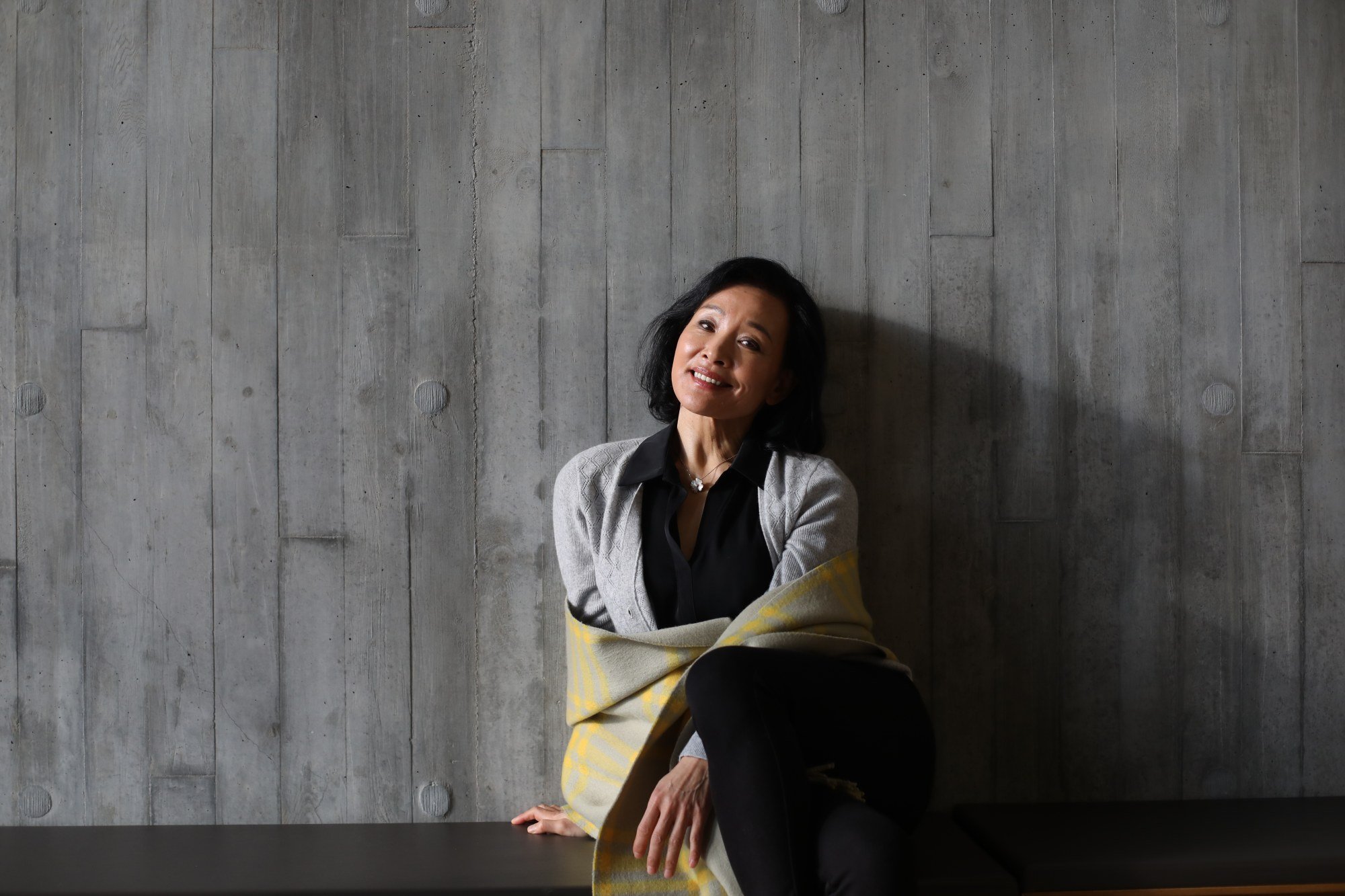
In the 1960s and ’70s, during the Cultural Revolution, millions of young Chinese, known as sent-down youth, were consigned to the countryside to undergo “re-education”.
Instead, Chen soared on the screen, including winning best actress at the Hundred Flowers Awards – China’s equivalent of the Oscars – for her role in Little Flower (1977).
Global attention came with projects including Bernardo Bertolucci’s 1987 Oscar-winning epic The Last Emperor – “that’s when I learned to love moviemaking as a craft”– and David Lynch’s 1990 cult television series, Twin Peaks.
‘I’m injecting more of myself’: Tom Jones on new songs, Elvis, King Charles
‘I’m injecting more of myself’: Tom Jones on new songs, Elvis, King Charles
Chen is also a director – she made her debut in 1997 with Xiu Xiu: The Sent-down Girl about a young girl relocated to the countryside during the Cultural Revolution, a storyline that resonates with her own. Other directorial credits include Autumn in New York (2000) and English (2018), which was also set during the Cultural Revolution.
But it hasn’t all been smooth sailing. Despite landing in the US in 1981 with a top acting award from her homeland, there were few opportunities for Asian actors. The landscape was literally lifeless: her first role was playing a corpse.
“The director said, ‘She [the character] was raped and murdered so you need to take your clothes off,’ and I said, ‘Well that I don’t do.’ I was desperate, but not that desperate.”
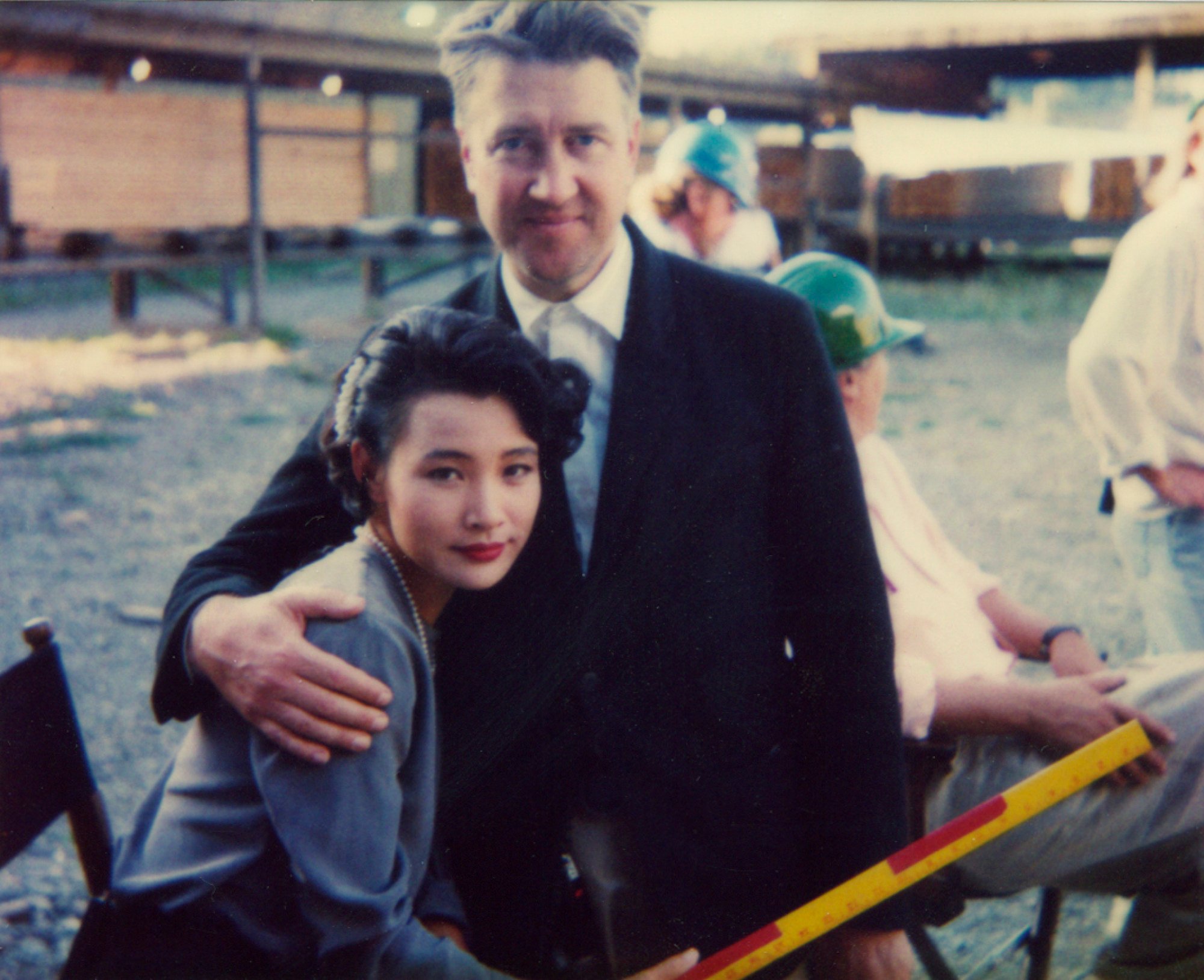
Her first “living” character was playing Miss Taiwan in the television show Simon & Simon (1981-1989) followed by a one-line part playing a Chinatown tea girl.
“When I started in Hollywood there was nothing for us to play,” says Chen, whose English was sharpened during her teenage years at the Shanghai Foreign Language School.
Diversity in Hollywood is a hot topic and much progress, she says, has been made. “For Asians in Hollywood, for minorities in Hollywood, for young people with ambition and dreams, seize the moment.”
Chen, 62, is also an authoritative voice on another age-old issue in Hollywood – ageism. “Finding roles at this stage is still very rare – that’s just the nature of the beast,” she says.
In 2023, Michelle Yeoh, in her Oscar acceptance speech for best actress for Everything Everywhere All at Once, briefly called out ageism in Hollywood. “And ladies, don’t let anybody tell you you are ever past your prime. Never give up,” said 61-year-old Yeoh.
But anyone expecting Chen to join the chorus might be disappointed. “It [ageism] is definitely an issue but sometimes I don’t blame people. Maybe people just like to see beautiful young things.”
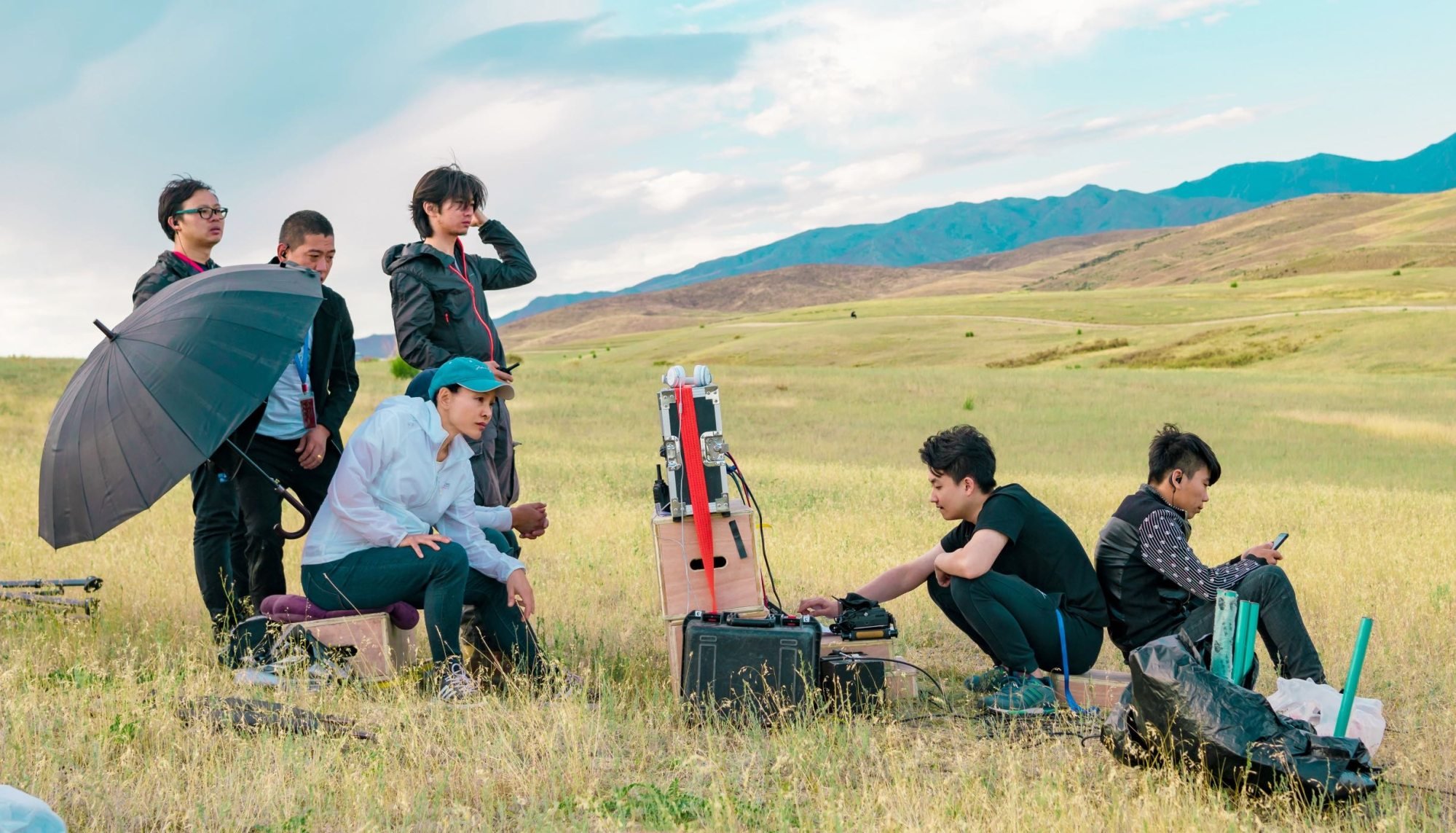
As for today’s youth, Chen is full of praise and heaps a pile of it on Taiwanese-American filmmaker Sean Wang, who wrote, produced and directed this year’s Didi, a semi-autobiographical film in which Chen plays the teenage lead’s mother. Wang’s feature debut, it won the audience award at this year’s Sundance Film Festival.
“Wang is a very young filmmaker, he just turned 30, and he wrote a personal story of his own coming of age,” says Chen. “It’s a brilliant script – you read it and you have faith in these young directors.”
She’s complimentary about many of the directors she has worked with while compiling her impressive repertoire – almost 100 film and television roles.
The Taiwan-born grandmothers-in-law who are going to the Oscars
The Taiwan-born grandmothers-in-law who are going to the Oscars
From Twin Peaks director David Lynch, Chen learned to be more spontaneous. As for Ang Lee, the Taiwanese director behind the 2007 hit Lust, Caution, Chen says he is a genius.
“Ang is fantastic, so meticulous. I remember during lunch together he was always completely focused. There was not a moment of chitchat,” she says, adding Lee saw something in her that she was blind to. “You’re lucky if an observant director sees something in you.”
She met Italian director Bertolucci in Los Angeles at Chateau Marmont, the legendary hotel of choice for Hollywood A-listers. “At that time he was completely in love with Chinese culture. From him, I learned that film was poetry.”
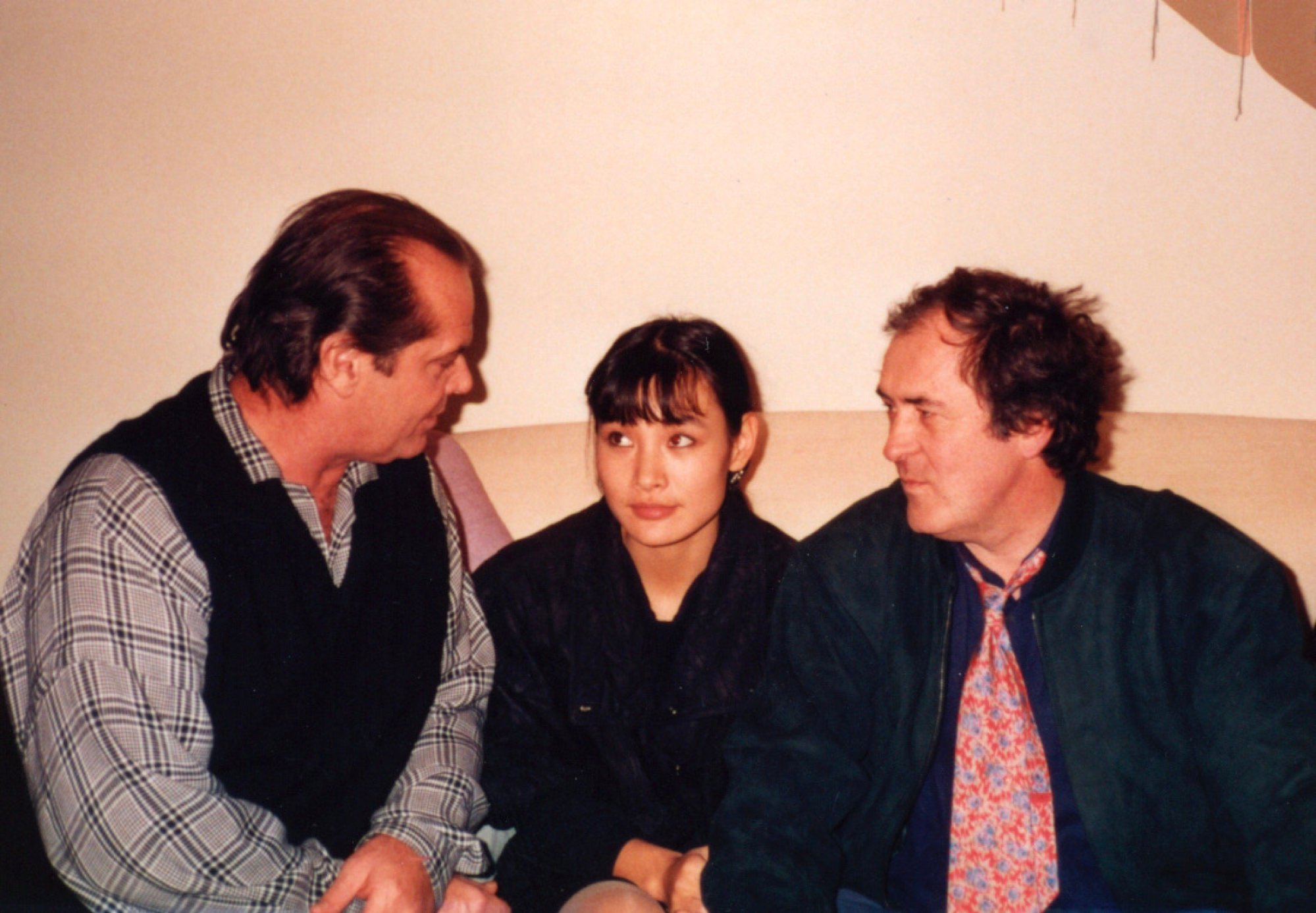
“Madame Song was impeccably dressed, her hair pulled back in her signature look … she was so stylish,” says Chen. “She brought a large piece of European culture to China right at the time when China was opening up.”
Chen also recalls the good times at French restaurant Maxim’s in Beijing, the first Western dining establishment to open after the end of the Cultural Revolution. Opening in 1983, it was the cool place for avant-garde artists to hang out.
“Maxim’s was something I had never seen until that moment. Very Parisian, very ornate … the handsome, model-like waiters, all men, were better dressed than me,” she laughs. “I don’t remember anything about the food, just the ambience.”
Looking back on her impressive body of work, Chen says the career-catapulting Little Flower holds a special place.
“People still approach me and share what circumstances they were in when they watched Little Flower,” she says.
“I’ll never forget one story about a dozen soldiers in a remote station on the border with Tibet who seldom saw films, so they trucked them to these areas.
“They had nothing to show the film on – no theatre, no white sheet – so the soldiers made a screen out of snow by packing it together with their shovels to make a wall. I was so moved.”
While the film set is Chen’s comfort zone, she is finding solace in another creative space: writing.
Dune: Part Two – Denis Villeneuve’s sci-fi sequel is a masterful epic
Dune: Part Two – Denis Villeneuve’s sci-fi sequel is a masterful epic
“I started a column during the pandemic [for a Shanghai-based magazine] and after two years of serialising it I’m going to publish it as a book that will come out this year,” she says.
“I didn’t realise how much I enjoyed writing but once I started, I loved it. It’s another form of sharing, of self expression.
“I love words and I love putting them together. I would say I love it as much as acting, maybe more, because I am in full control.”
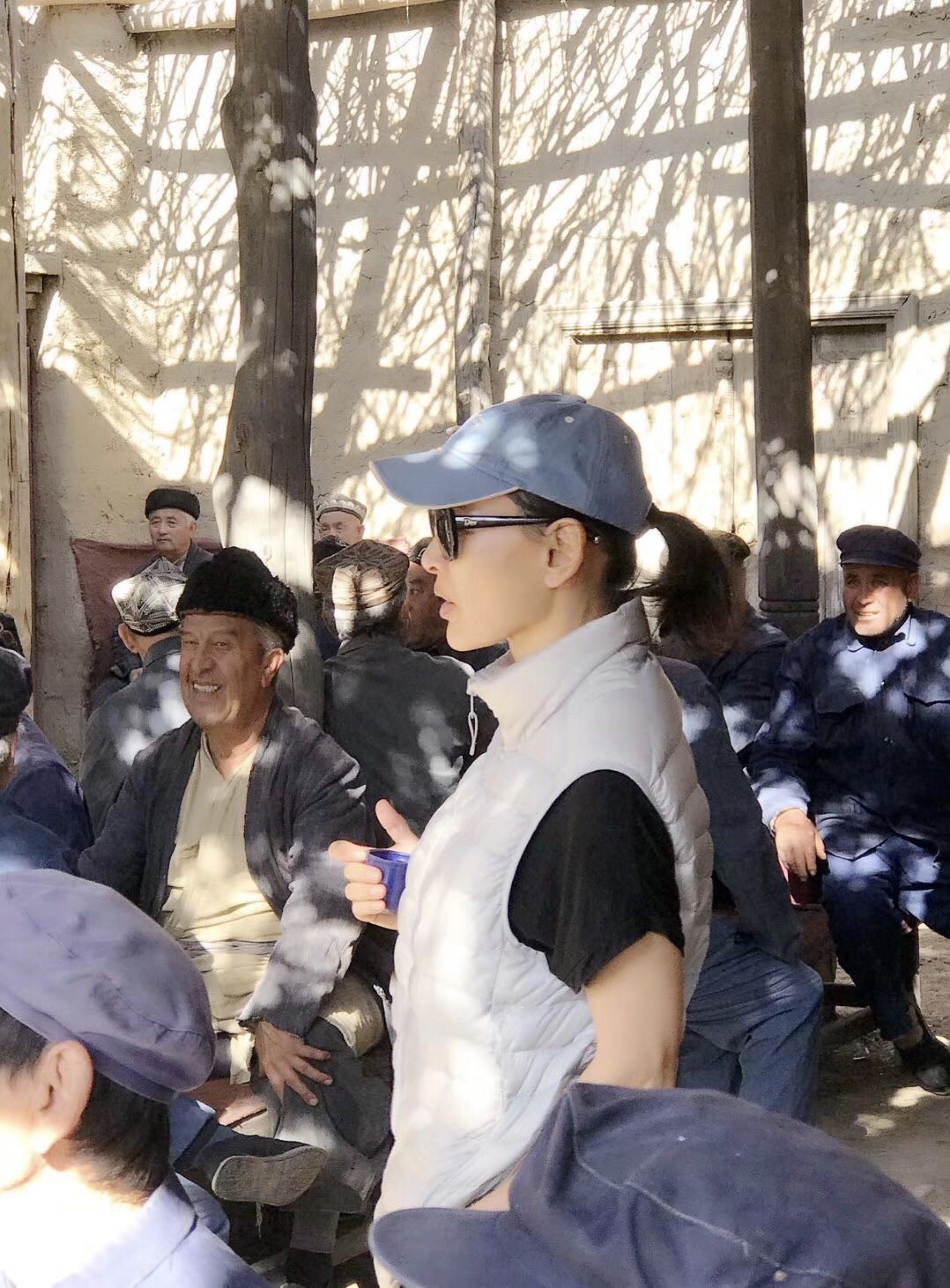
While the book is mostly autobiographical, Chen also reached deep into her lineage.
“What my grandparents, my parents [went] through … so many different wars, political movements and so much change. I’ve always thought their lives are screenworthy.”
While juggling so many creative balls might leave some in a spin, Chen – who has two daughters with husband Dr Peter Hui – says solitude is her secret weapon.
“Every day I have alone time to read, to daydream – alone time helps keep me sane,” she laughs.
“I’ve been married to my husband for decades but if we go on vacation, I still need my alone time away from him … I don’t need much more than my solitude.”

